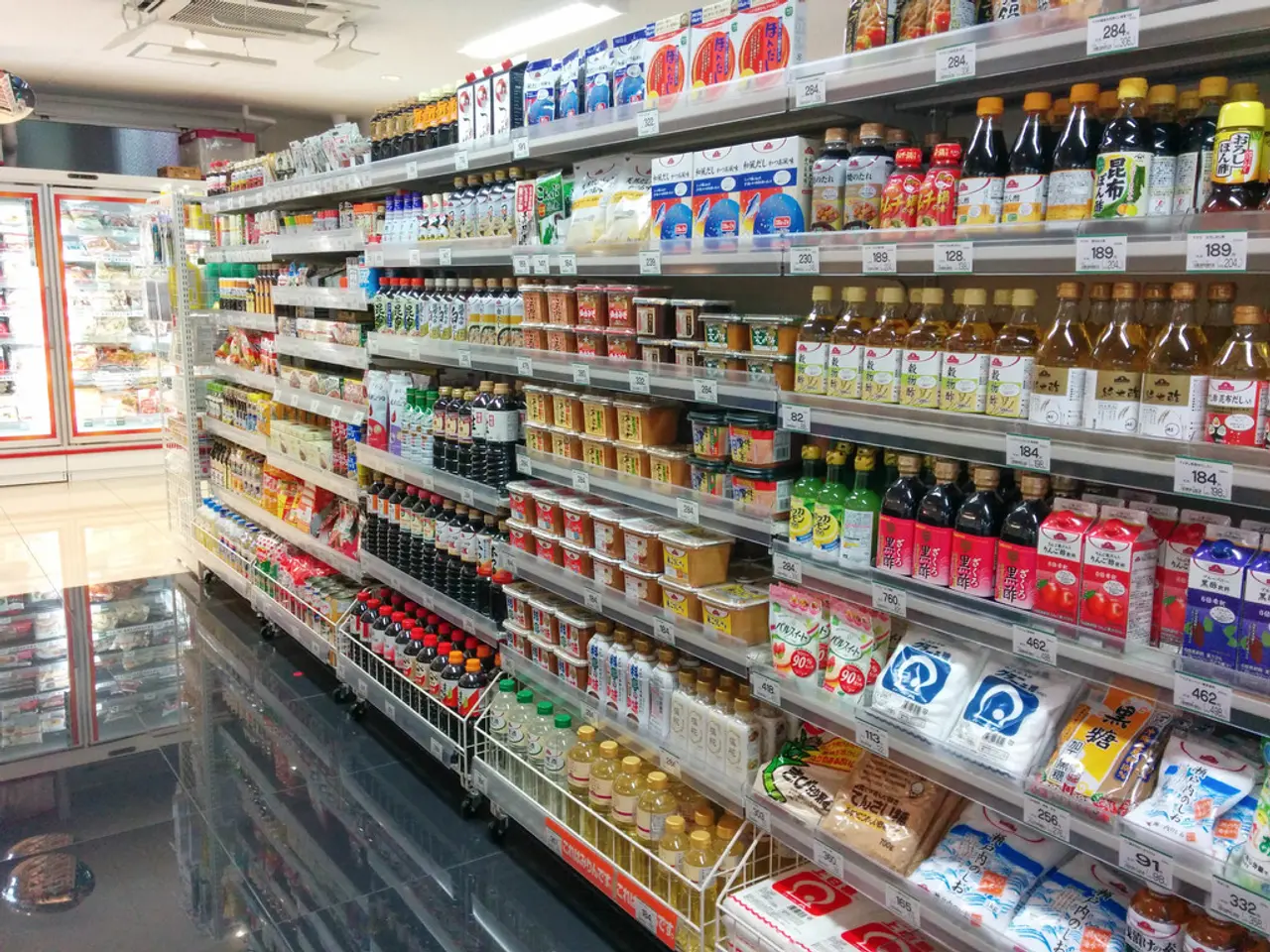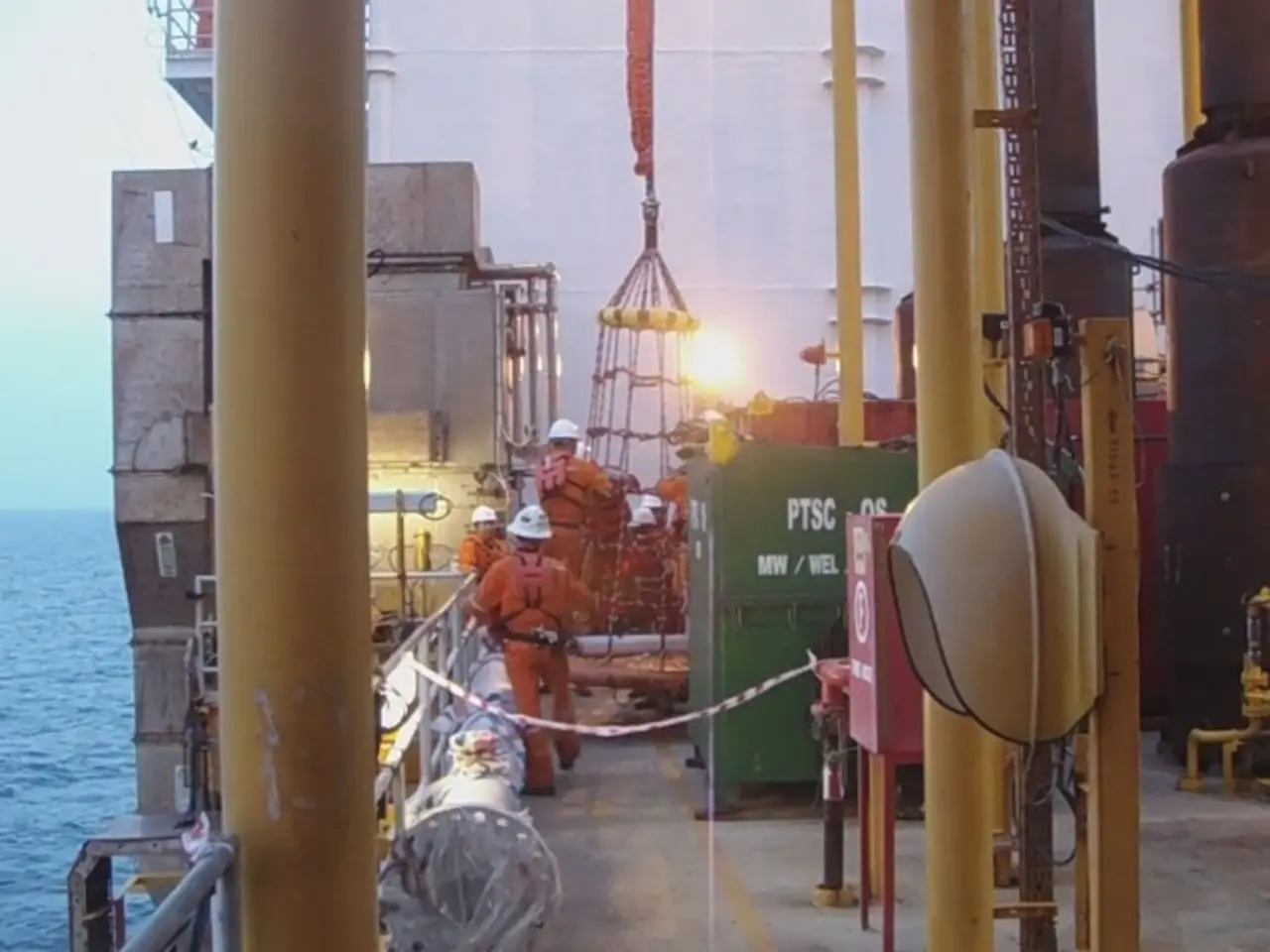Government renews pledge to uphold GSP Plus program
In a meeting held at the Prime Minister's Office (PMO) on Friday, the Prime Minister of Pakistan, Shehbaz Sharif, met with Ambassador Riina Kionka of the European Union (EU). The discussion, while productive, did not reveal any new details about the future of the GSP+ scheme or its benefits for Pakistan.
The EU remains one of Pakistan's largest trading partners, and the single largest export destination for Pakistan, with exports to the EU more than doubling since Pakistan joined the GSP+ scheme in 2014, reaching €8 billion in 2023. In 2023, €2.4 billion of these exports were to Germany. The primary exports under the GSP+ scheme are textiles and garments.
During the meeting, the Prime Minister particularly appreciated the ambassador's efforts in ensuring significant support from the EU during the 2022 floods in Pakistan. The EU Ambassador, in turn, thanked the Prime Minister for the support during her stay in Pakistan. However, the discussion did not involve any new acknowledgments or appreciation from the Prime Minister for EU's support beyond the 2022 floods.
The discussion did not cover any new trade agreements or export targets between Pakistan and the EU. The EU Ambassador did not specify any new commitments or initiatives for Pakistan-EU relations beyond her current role. However, the EU expressed its commitment to strengthening its cooperation with Pakistan.
The discussion did include domestic political developments. The EU Ambassador closely watches political and human rights developments in Pakistan, and recent concerns were raised regarding sentencing of opposition activists by military courts and political protests. The Pakistani government, led by Prime Minister Shehbaz Sharif, has publicly reaffirmed its commitment to the scheme and to fulfilling the GSP+ criteria as essential for maintaining preferential market access and boosting exports.
To maintain its GSP+ trade benefits from the European Union, Pakistan must continue complying with the GSP+ framework requirements, which include implementing and effectively enforcing 27 international core conventions. These conventions cover key areas such as human rights, labor rights, environmental protection, and good governance. Notably, these include commitments to uphold human and civil rights, such as the International Covenant on Civil and Political Rights (ICCPR).
The GSP+ status is contingent upon Pakistan voluntarily agreeing to these commitments, which the EU monitors through periodic reviews and Monitoring Missions—though Pakistan’s latest mission was delayed due to logistical issues. Failure to maintain satisfactory progress on these requirements, especially human rights commitments, risks jeopardizing Pakistan’s duty-free access under GSP+. Therefore, human rights progress remains a critical condition linked directly to the continuation of these trade benefits.
In summary, Pakistan must continue enforcing the 27 core international conventions related to human rights, labor, environment, and governance. It must address EU concerns on any political or human rights issues impacting these commitments. Transparent engagement with EU institutions during Monitoring Missions and reviews is also crucial. Sustaining economic diplomacy efforts to support the renewal and visibility of the GSP+ status is important as well.
The EU Ambassador plans to continue promoting stronger Pakistan-EU relations in her next assignment in Brussels. The Prime Minister thanked Ambassador Kionka for her contributions towards strengthening Pakistan-EU relations. The Prime Minister also reaffirmed the government's commitment to the GSP Plus scheme. Despite the lack of new trade agreements, the commitment to maintaining and strengthening the GSP+ relationship was clear in the meeting.
The discussion between Shehbaz Sharif and Ambassador Kionka did not involve any new trade agreements or export targets, but the EU expressed its commitment to strengthening its cooperation with Pakistan, particularly in the areas of trade relations, finance, and business. The EU Ambassador closely watches political and human rights developments in Pakistan, and recent concerns were raised regarding sentencing of opposition activists by military courts and political protests. To maintain its GSP+ trade benefits from the European Union, Pakistan must continue complying with the GSP+ framework requirements, which include implementing and effectively enforcing 27 international core conventions in areas such as human rights, labor rights, environmental protection, and good governance. The Prime Minister's appreciation for EU's support during the 2022 floods and the EU Ambassador's efforts in securing significant support from the EU were acknowledged during the meeting, but no new acknowledgments or appreciation were made regarding EU's support beyond the 2022 floods. The discussion on the meetinguggested that the relationship between Pakistan and the EU is rooted in general-news, politics, and finance, and both parties are committed to addressing any political or human rights issues impacting their commitments to the GSP+ scheme.




